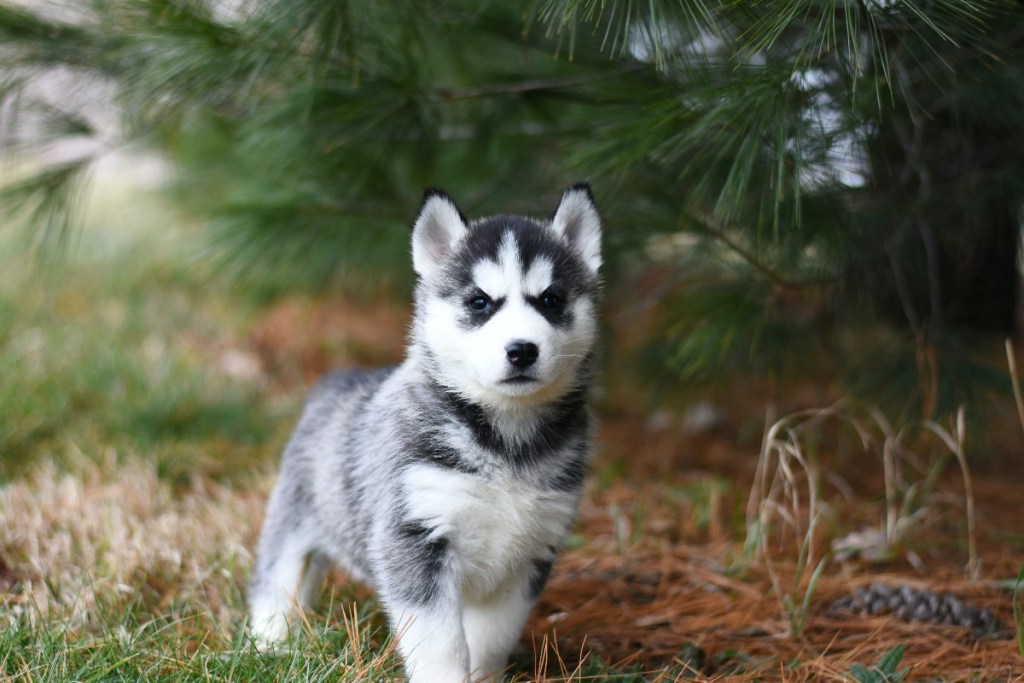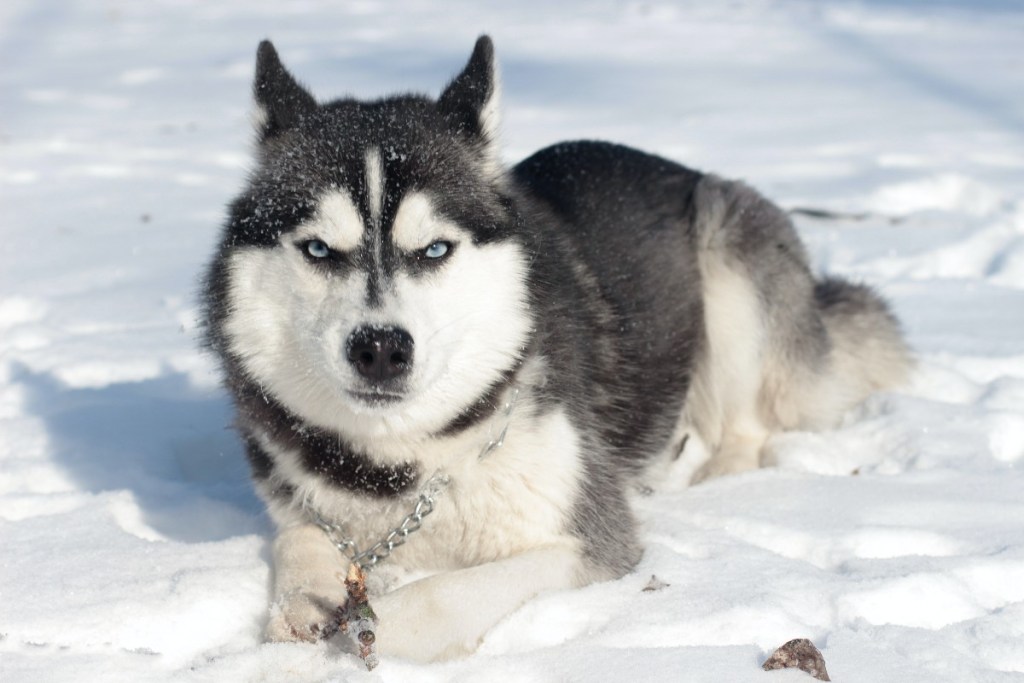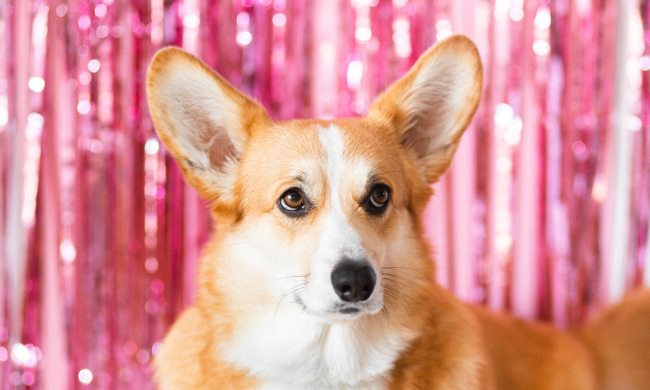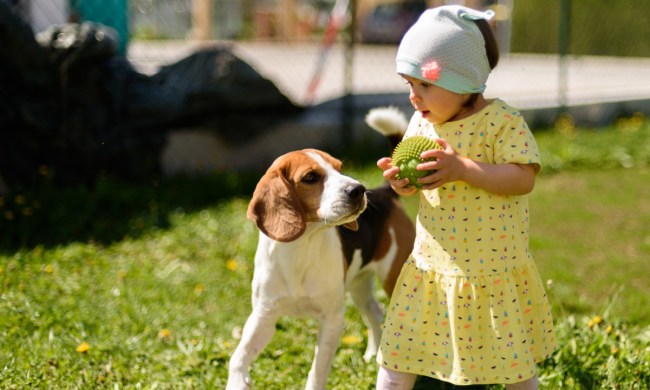Siberian huskies are a sight to behold. These pups have striking, almond-shaped eyes. Sometimes they’re a piercing shade of blue.
A few Siberian husky facts: These are medium-sized pups, typically standing between 19 and 24 inches tall and weighing 35 to 50 pounds. Their coats are thick and fluffy — it’s how their ancestors survived harsh Arctic winters. Siberian huskies look much like big, fluffy domesticated wolves.
Anyone who knows a Siberian husky will probably tell you these pups are sweet as can be and make great companions. Though they have a history as working dogs, they are also content to curl up next to you (or on you, if you can handle the weight). Here are some reasons that prove the best gig for these pups is being a family pet.

What’s special about Siberian huskies?
There are many qualities to love about Siberian huskies. Here are a few reasons why they make perfect additions to families.
Siberian huskies are great jogging buddies
If your New Year’s resolution to get in better shape got off to a sluggish start, consider a Siberian husky your new best friend. These pets make great jogging partners, particularly in cooler weather. Siberian huskies are known for being active. They love exercise and thrive in a home that gives them plenty of room and opportunity to run. They do have a thick coat, though. If you take your Siberian husky out for a run in warmer weather, make sure to take it easy and bring enough water for both of you.
These dogs are great with kids
Dogs tend to make loving companions, but not all breeds are great with kids. It’s not their fault — young children can be unpredictable and need to be “trained” on how to treat a pet properly. Siberian huskies are one of the better breeds for households with young children, though. It makes them ideal pets for all types of families. If you have a tiny human running around, be sure to supervise any interactions with your Siberian husky. Even the sweetest pups can get spooked or annoyed by a wobbly toddler who is pulling their ears and tail.
Siberian huskies don’t know what “cabin fever” means
Do you have a habit of hiding in the winter that you’d like to break? Allow a Siberian husky to help. These dogs’ fur was custom-made for winter, and they’re more than happy to drag you outside to walk in a winter wonderland when it’s cold. Bundle up — it’s worth it to watch these goofy and lovable pups play in their natural, snowy habitats. (No winter coat needed for your husky.)

How smart are Siberian huskies? Here’s what we know.
Siberian huskies are intelligent creatures. These Siberian husky facts give you all the proof you need.
Siberian huskies have held down jobs
Though your Siberian husky’s biggest job may be “best friend” (nothing wrong with that), their ancestors may have been working dogs. Siberian huskies made headlines in 1925 when a sled team of them raced 340 miles in six days to bring serum to Nome, Alaska, where people were suffering from diphtheria. The lead dogs, Balto and Togo, are still revered. Huskies also served on search and rescue teams during World War II.
They are trainable pets
The AKC lists Siberian huskies as moderately eager to please and adaptable. This rating means that they take well to training. It may take them a couple of tries, but they will get there eventually if you’re patient and persistent.
Training is one of the best ways to help a Siberian husky or any other dog. Each pup is unique, even if they are purebred. Teaching them good manners, commands, and how to interact with other people and pets will help them become the best dogs they can be. Keep it positive — dogs respond better to praise and treats than punishment.
Siberian huskies are great pets for all kinds of families. They’re loving and loyal, and usually get along well with children. These pets thrive in active homes and aren’t known for hiding in the winter. They are cold-weather dogs by nature and boast thick coats. Siberian huskies love to play in the snow and are active year-round. Make sure they have plenty of opportunities to exercise in a fenced-in backyard or through long walks with you. Since Siberian huskies keep a thick coat even in the summer, ensure your friend has plenty of water on hand during outdoor summer adventures. Siberian huskies have served in the military and as search and rescue dogs. They’re pretty eager to please and take well to training. All in all, these pups make great family members.



